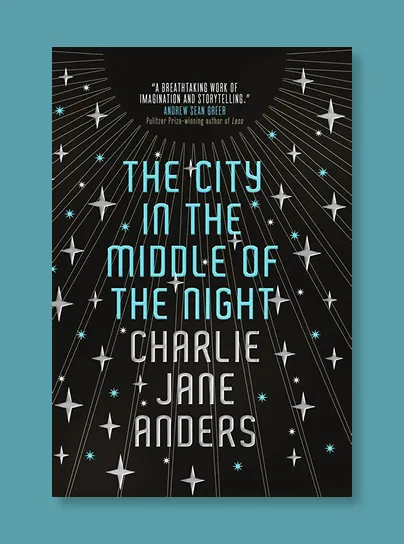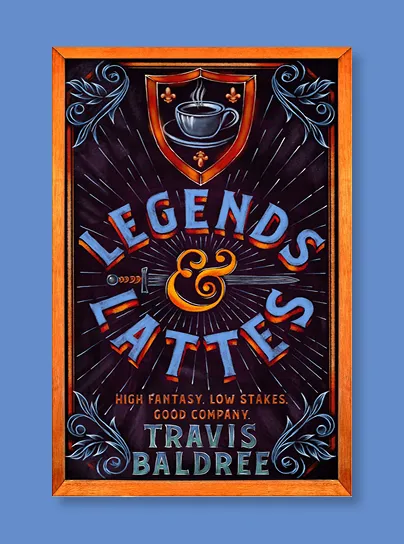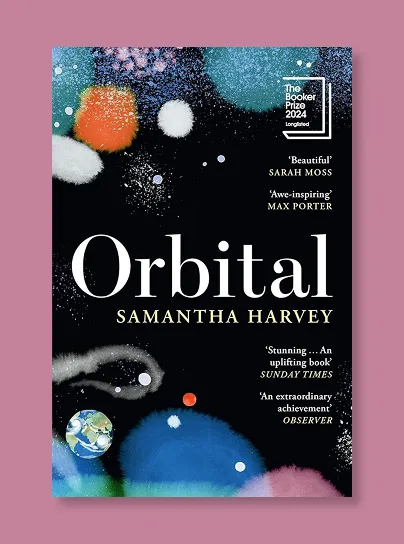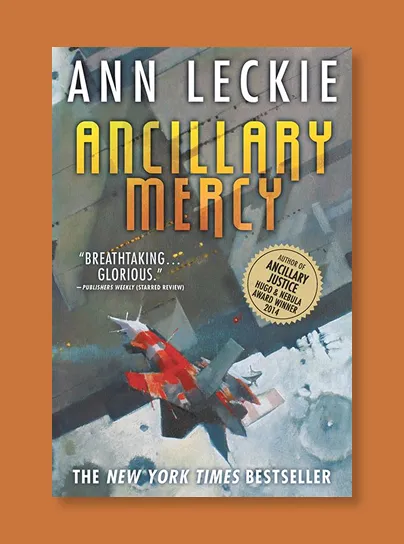
The City in the Middle of the Night
I got a headache while reading this book from all the eye-rolling I was doing. The writing is over-wrought and somewhat lazy, but when I was telling my partner the story over lunch, it sounded awesome!
It’s a solid plot (well, it was a solid plot until about half-way in). It’s the writing that brings this story down.
And then, from somewhere behind me, Bianca says, “I love you.”
All of the strength leaves me and I fall, and Alyssa barely catches my limp body as my eyes wash out.
Like with her other book, I was unable to connect on an emotional level to the characters.
When one of the lead characters rails on about how she hates the city her aristocratic family raised her in, that she wants to blast it into submission for the police having taken her friend away, we don’t feel anything.
She and her friend have only just met at college a few months before. When one of them pledges their undying, unbreakable bond with the other my eyes fell out of my head. The degree of emotional pique is completely disproportionate to the situation.
Bianca has tied a thick rope around her waist, but the rope snaps and she careens down the wet planks, toward the rail. Her mouth is open, but I can’t hear her.
Again, like in All the Birds in the Sky, by the same author, the storyline is held together by periodic “poof!”s in which a totally unbelievable thing happened and we hear about it in some pithy way afterwards.
Like, for example, there is a dramatic scene in this book in which most everyone dies out in the tundra. One of the lead characters not only makes it past the hungry sea squid with exceptional olfactory senses, the gigantic ravenous bison, and a massive collapse of the ice, they also arrive to the faraway location with enough people and energy to "take over the city".
We assume that happened because “poof!” now her face is on the money. The ideas are not bad but the story is held together with bubble gum, duct tape, and clichés.
I think me surviving was the worst thing that could have happened, because I’ve only kept a cruel mockery of the Citizens alive in my head.
Additionally, the balance seems to be off related to detail. In some areas there is not enough info on why we should care about things, but then there will be an over-abundance of detail about other things.
Take the description of one of the native forms of life on the planet. We’re told they have tiny front legs, ginormous back legs, they're very very tall, have tentacles with a flower-like beak on the end that fits over a human head, fur, a carapace, grub-looking-things coming out of their chest, and are called ‘crocodiles’ by the humans. Come on now. That’s an absurdly difficult creature to visualize.
You were just so real, Sophie, as if you couldn’t help being yourself. Maybe this whole time, I’ve been trying to find the person that I can’t help being.
Another comment is that her writing suffers from the lack of physical intimacy; even chaste kisses, caresses, and side-hugs are missing from this story.
It’s not like I look for intimacy when reading science-fiction but these are hard-living adults living their dangerous lives of high stakes. It just doesn’t make sense that there’s no allusion to intimacy at all.
That and the simplified storyline made me look into whether or not this is a YA book. Yes. Yes, it is. That might explain it, but even teenagers can read the room and know when a kiss is appropriate. Anyway.
The dead were just like the living: they all wanted something they could never have.
What positive can be said about this book? I love that nearly everyone in the story is female - even the native species, the Gelet or "crocodiles", are referred to as female. Cool.
All things considered, I wouldn’t recommend this book.



